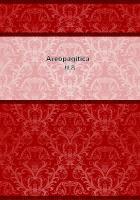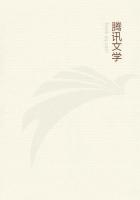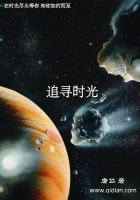The above-mentioned questions can be ultimately resolved into this:what role do general historical conditions play in production and the relations of production to the historical development as a whole?This question clearly belongs to the analysis and discussion of production.
In the trivial form,however,in which these questions have been raised above,they can be dealt with quite briefly.Conquests may lead to either of three results.
The conquering nation may impose its own mode of production upon the conquered people (this was done,for example,by the English in Ireland during this century,and to some extent in India);or,-it may refrain from interfering in the old mode of production and be content with tribute (e.g.Turks and Romans);or,-interaction may take place between the two,giving rise to a new system as a synthesis (this occurred partly in the Germanic conquests).
In any case,it is the mode of production --whether that of the conquering nation,or of the conquered,or the new system brought about by a merging of the two --that determines the new mode of distribution employed.Although the latter appears to be a precondition of the new period of production,it is in its turn a result of production,a result not simply occassioned by the historical evolution of production in general,but by a specific historical form of production.
The Mongols,for example,who caused devastation in Russia,acted in accordance with their mode of production (cattle breeding)for which large,uninhabited tracts are a fundamental requirement.The Germanic barbarians,whose traditional mode of production was agriculture with the aid of serfs,and who lived scattered over the countryside,could more easily adapt the Roman provinces to their requirements because the concentration of landed property carried out there had already uprooted the older agricultural relations.It is a long-established view that over certain epochs,people lived by plunder.But in order to be able to plunder,there must be something to be plundered,and this implies production.Moreover,the manner of plunder depends itself on the manner of production --e.g.a stock-jobbing nation cannot be robbed in the same way as a nation of cowherds.
The means of production may be robbed directly in the form of slaves.
But in that case,it is necessary that the structure of production in the country to which the slave is abducted admits of slave labor,or (as in South America,etc.)a mode of production appropriate to slave labor has to be evolved.
Laws may perpetuate a particular means of production --e.g.land,in certain families.These laws acquire economic significance only if large-scale landed property is in keeping with the social mode of production --as for instance in Britain.Agriculture was carried on in France on a small scale,despite the existence of large estates,which were therefore parcelled out by the Revolution.But is it possible (e.g.by law)to perpetuate the division of land into small lots?
Landed property tends to become concentrated again,despite these laws.
The influence exercised by laws on the preservation of existing conditions of distribution,and the effect they thereby exert on production has to be examined separately.
(c)Lastly,Exchange and Circulation Circulation is merely a particular phase of exchange,or of exchange regarded in its totality.
Since exchange is simply an intermediate phase between production and distribution,which is determined by production,and consumption;since consumption is moreover itself an aspect of production,the latter obviously comprises also exchange as one of its aspects.
Firstly,it is evident that exchange of activities and skills,which takes place in production itself,is a direct and essential part of production.Secondly,the same applies to the exchange of products in so far as this exchange is a means to manufacture the finished product intended for immediate consumption.The action of exchange in this respect is comprised in the concept of production.Thirdly,what is known as exchange between dealer and dealer,both with respect to its organization and as a productive activity,is entirely determined by production.Exchange appears to exist independently alongside production and detached from it only in the last stage,when the product is exchanged for immediate consumption.But,(1)no exchange is possible without division of labor,whether this is naturally evolved or is already the result of an historical process;(2)private exchange presupposes private production;(3)the intensity of exchange,its extent and nature,are determined by the development and structure of production --e.g.exchange between town and country,exchange in the countryside,in the town,etc.All aspects of exchange to this extent appear either to be directly comprised in production or else determined by it.
The conclusion which follows from this is,not that production,distribution,exchange and consumption are identical,but that they are links,or sections,of a single whole,different aspect of one unit.
Production is the decisive phase both with regard to the contradictory aspects of production and with regard to the other phases.The process always starts afresh with production.That exchange and consumption cannot be the decisive elements,is obvious,and the same applies to distribution in the sense of distribution of products.distribution of the factors of production thus determines the specific mode of consumption,distribution,exchange and the specific relations of these different phases to one another.Production,in the narrow sense,however,is in its turn also determined by the other aspects.For example,if the market,or the sphere of exchange,expands,then the volume of production grows and tends to become more differentiated.

